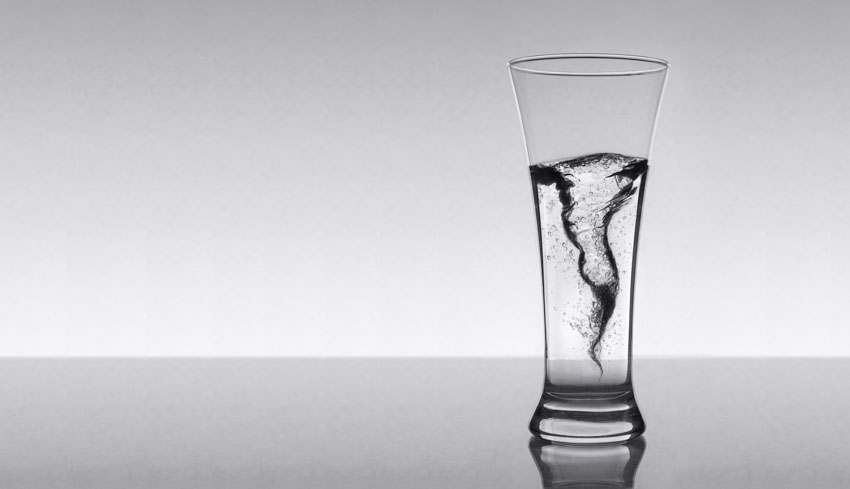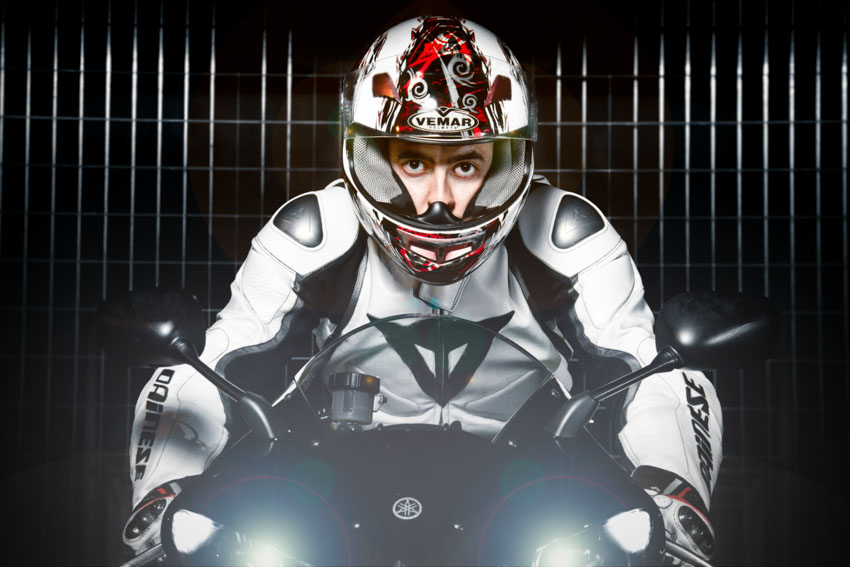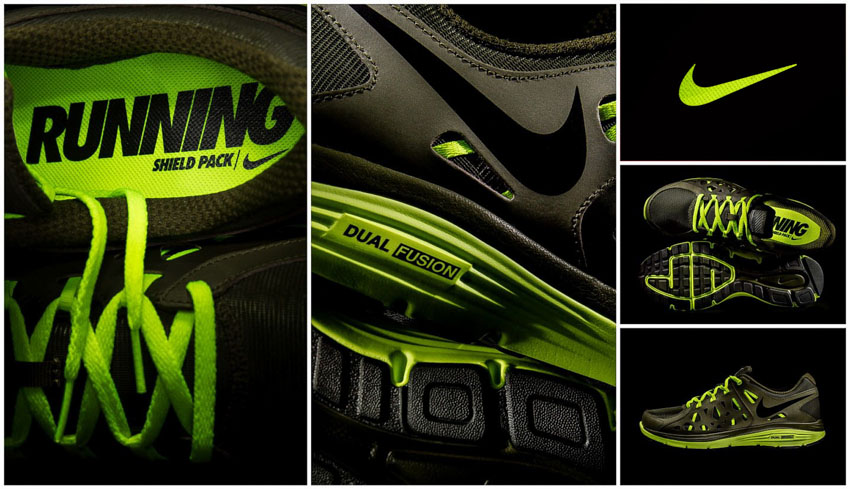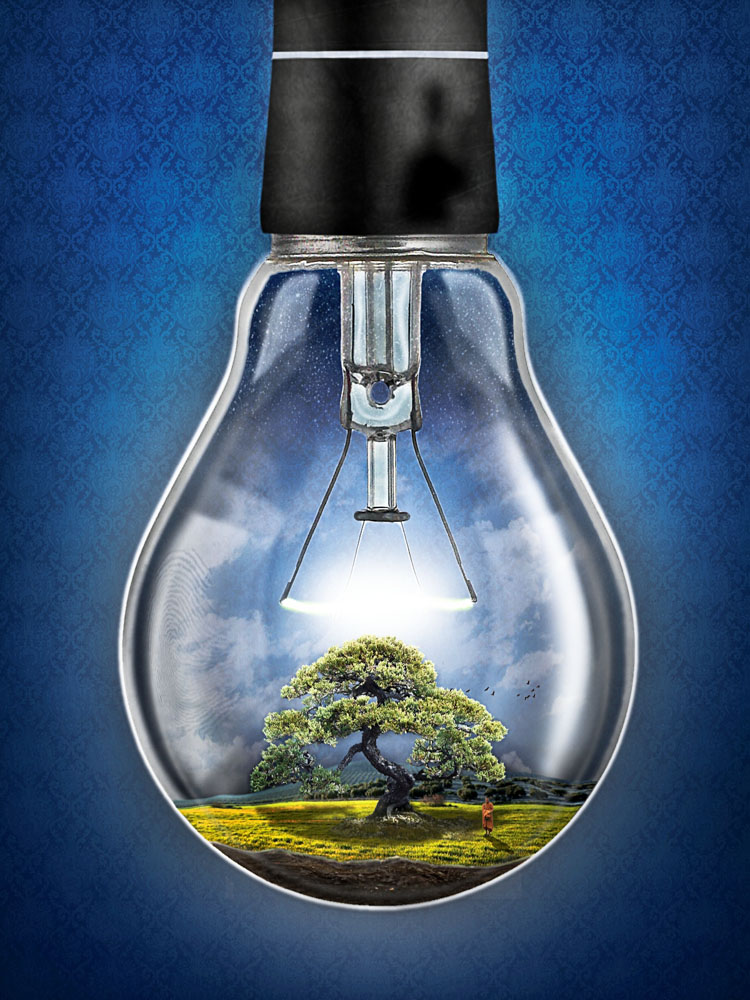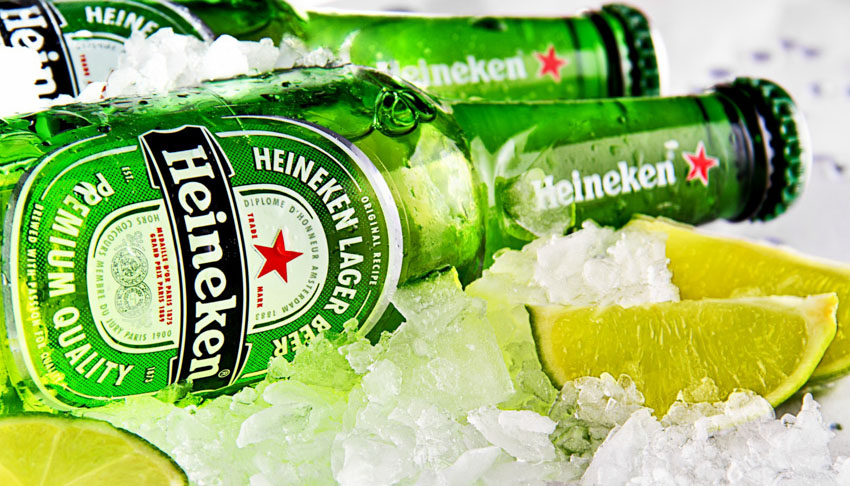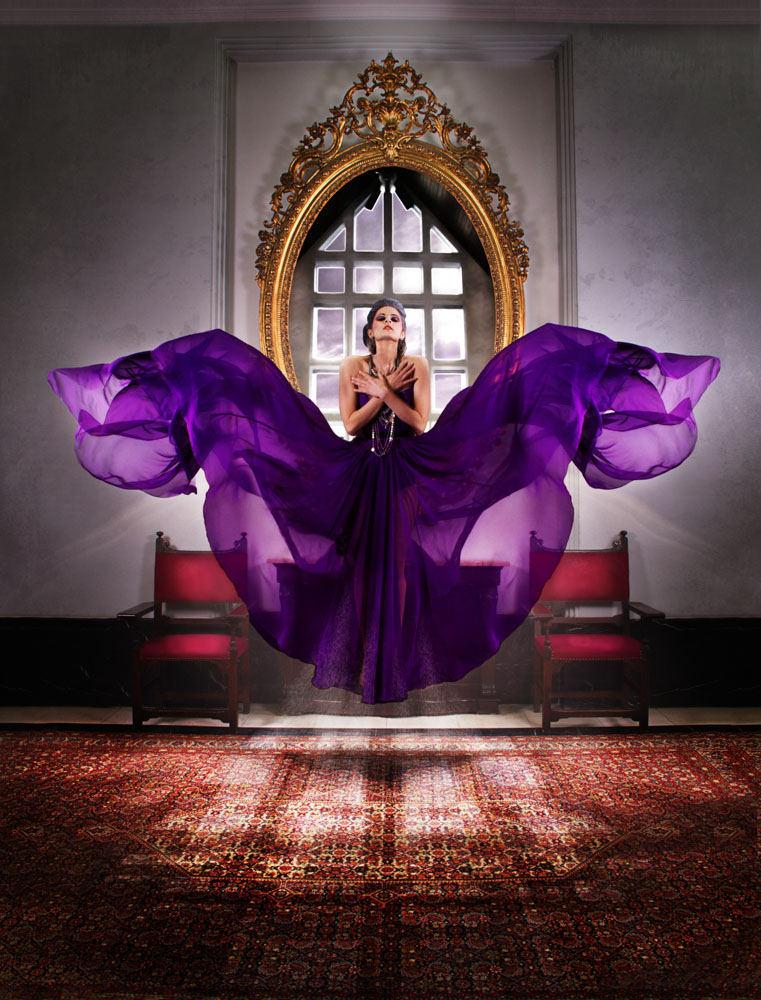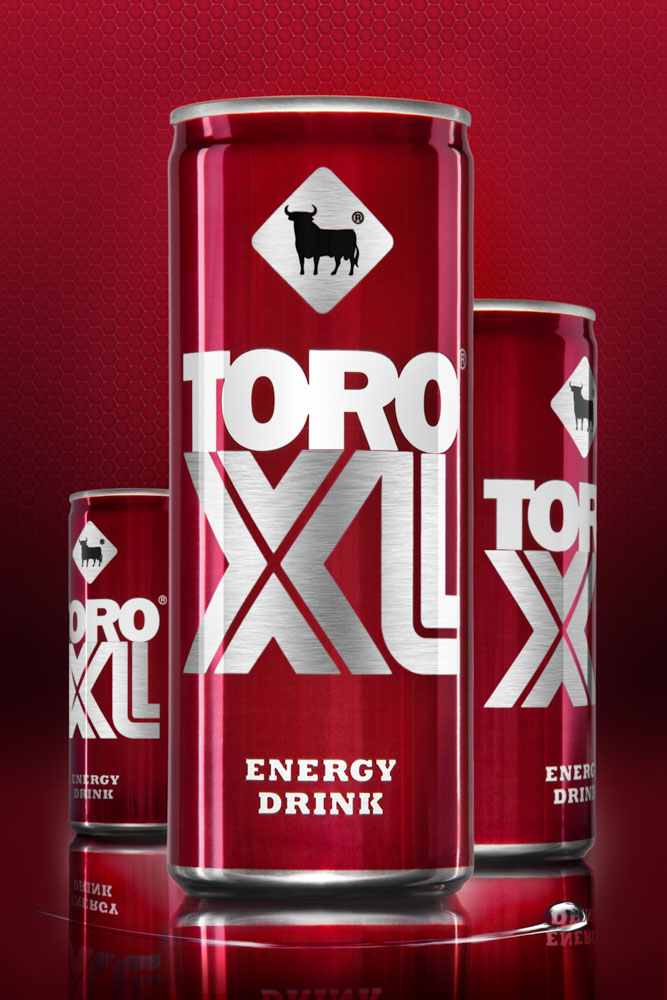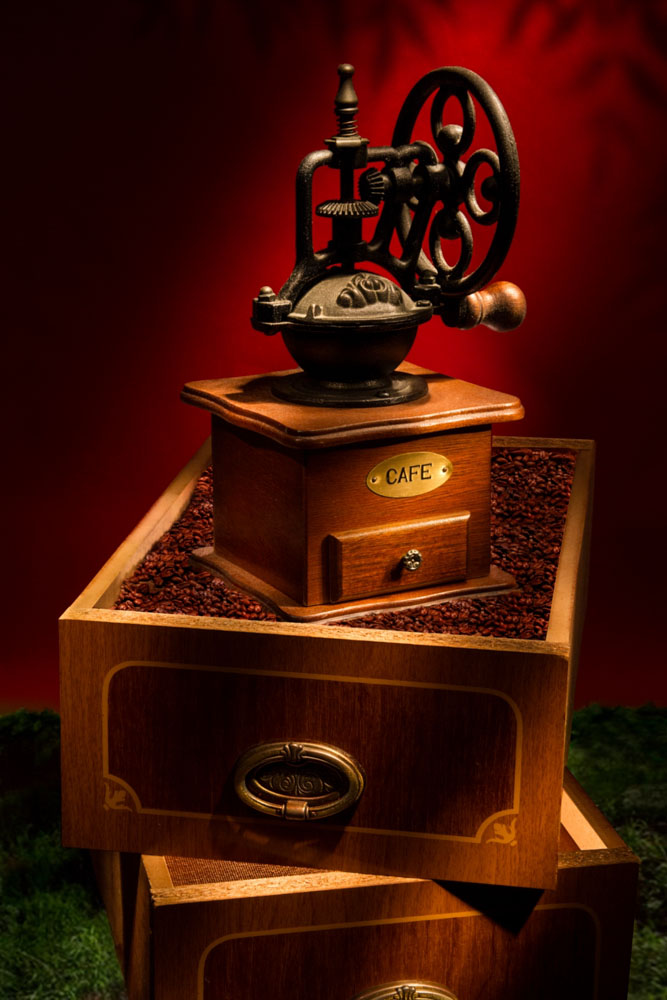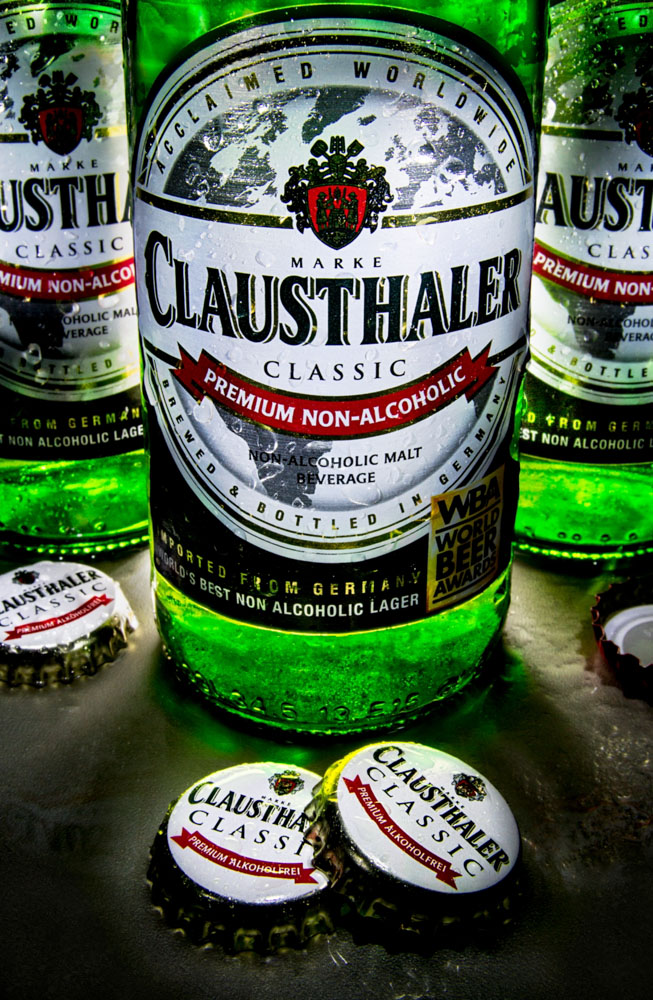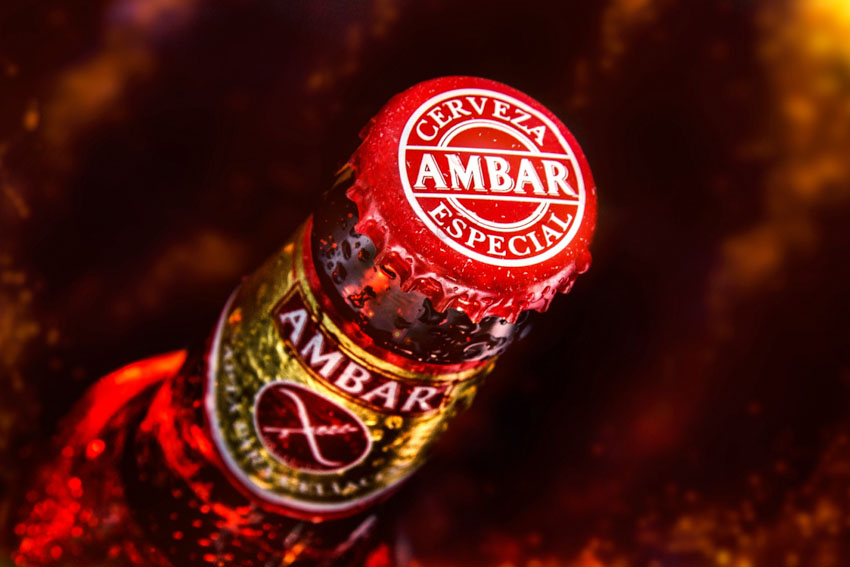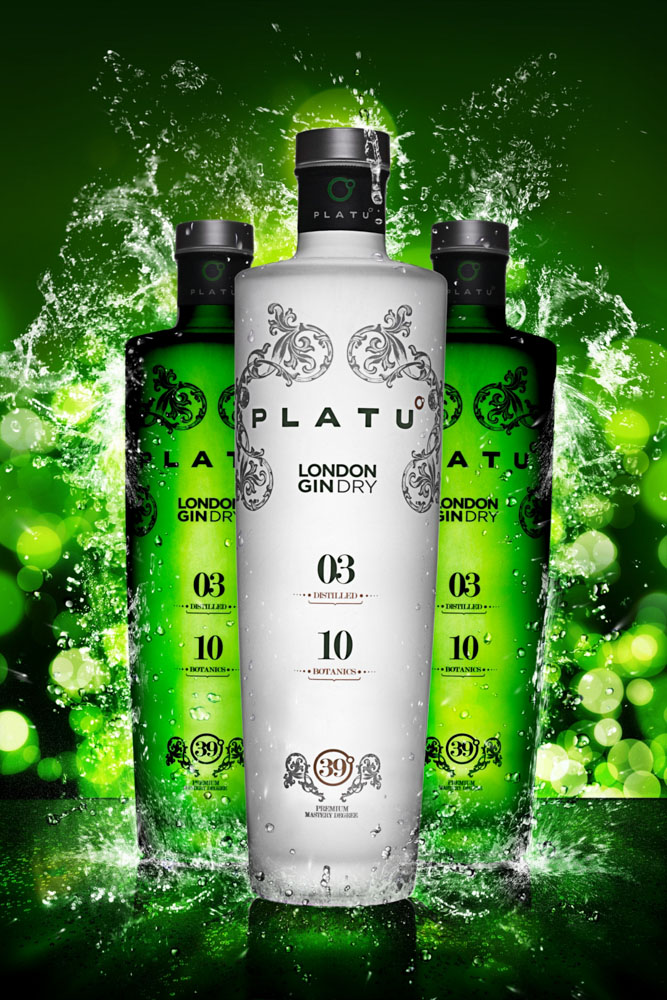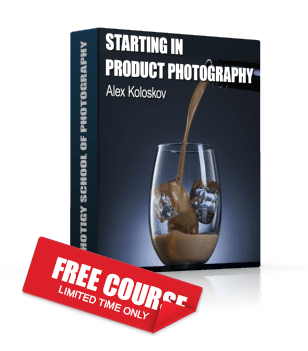Meet Miguel Angel Oliva:
Professional Commercial Photographer
Professional Commercial Photographer Miguel Angel Oliva
My Name is Miguel Angel Oliva
I think the most important thing is to be in continuous training and see great photography of all kinds to educate your senses and be able to become a great photographer…
His wide range of works include Product, Fashion, Digital Retouching, and even CGI. Oliva’s works are clean, beautiful, and imaginative and can be seen in ads in publications across Spain and the web via google+, 500px, Flickr, and Facebook.
Photigy Interview with Commercial Photographer Miguel Angel Oliva
First of all tell us a little about your background Miguel. When did you decide to become a photographer? Can you name a moment in time when it clicked in your mind and you realized that photography was more than a hobby, but a passion?
Well if you want to really get into my history , I have to tell you that it all started in the late 80s, I was about ten years old when I discovered the Autodesk Animator 1.0 program it is what is now called 3D Studio Max and we still use for some work. I spent days trying to do with the computer what I had in my head and create animations and complex images, I think there began my interest, the years of Ms- Dos, PaintBrush and learning to program in Basic to make your own games.
I had always liked drawing , music , video, and rendering the world , but I did not pay as much attention to photography. A few years ago I worked as coordinator of the creative department in a company and had to do a photo essay for a customer. I could not find anyone to do exactly what I wanted, so I did it myself. Then I got the confidence to do two or three more small jobs. I bought my first camera in early 2011 and fell in love with photography. I was combining the two jobs (marketing and photography) until the end of 2012 when I decided to devote myself to photography, only because I could not spend the time I needed and had clearly wanted to dedicate exclusively to it.
We were intrigued by the beauty and polish of your photos, could you tell us if you had formal training in photography? Did you attend a photography school or apprentice under another photographer to learn the craft?
No, my training is self-taught, when I’m not shooting it is because I’m looking for a project to photograph and if I’m not surfing the internet I’m looking for information about photography of any kind, lighting, photographers and styles of photography as well as culinary, product, portrait, no matter what as long as the look is oriented toward photography and will serve as a means to learn.
What influences your photography? Do you look to other photographers for inspiration, or does your inspiration come from other sources?
Yes I seek inspiration. The truth is that I spend many hours on the internet and I see thousands of pictures per month in one way or another that affect me, and when I seek inspiration to me She (inspiration) is found in the portfolio of any partner.
Many of my friends ask what happened to the links of works that inspire me, they always ask me where I find so much information, and I always tell them it’s all online. You just have to take the time to look, so a few days ago I opened a new Google+ page where I started to publish all the jobs that I see every day and that I have found in recent years that have inspired me.
I think it’s nice to help create a project that gives so much to photographers who are beginning or are professionals. You can go into this page when you want to seek to see new things! (https://plus.google.com/107451979452492567278/posts)
How important is post production in your photography workflow? In terms of percentage, how much time would a typical shot take to post process? Do you retouch and edit your own photos or do you outsource part of that process?
For me right now post production is very important and I do not mind the hours you need to edit to get the picture, but everyday I try to create the picture as finished as possible [in camera] and not improve the image later. 50% of the images I create is done in post. I retouch all my photos, some require two hours, six hours, and others have even come to be fifteen hours followed with an image that I did not end like I wanted it to be.
Sometimes I think that time [post processing] is nothing in some cases, I am now preparing productions with some new characters and open spaces that will undoubtedly take me days to post, because many elements are involved, and unlike in product photography I’m looking for something more pure like the pictures of Alex Koloskov.
Could you describe the process when creating a photograph for a client? Do your clients typically request a certain look and provide art direction, or are you more freely able to present the product in your own vision?
From the first time I meet I try to leave a finished and clear images for both parties. I draw sketches or show similar work having to do with what the customer is looking for and thus avoid later found surprises. A part of the meeting helps me to value the work that we will perform, and helps the client understand that we will not get to photograph additional work beyond what is negotiated. But this all depends on the project, some agencies that are very clear up to 80% of the project and you put the remaining 20% with your experience.
Other small businesses usually know what they want up to 20% of their project and seek you to coax them and they give you good advice to complete 80%. I feel comfortable in both situations, but I prefer to work with agencies. They usually have more resources, you’re surrounded by professionals that share many of the hours and most of the details are planned out very carefully.
What has been one of your greatest challenges when it comes to commercial photography?For example, working with clients, deadlines, creative block, etc…
The biggest challenge when you work with agencies is to make the customer understand what my work really is, which includes the hours you have to work before, during and after performing the photo: the equipment that is expensive , the creative part, the attendees that help you in reporting, the study, all of that is expensive and has to have a large budget. They [the clients] always think that you are going to get to take a picture and you’ll go to two minutes so it will cost them very cheap, and remember in Spain “artistic” work is valued worse than normal, sometimes I get the feeling that some customers want you to pay in “oranges ” , of course I’m talking about small business projects.
And when you work with agencies I think the biggest challenge is always to live, if the work is too difficult to give you a professional result or if the budget is small you have to find a way to make your financial and professional life balance – if you have half the time that you had agreed upon – you have to finish early, deliver a good job and be a professional, not excuses, they have called you for that. The creative block is usually not involved for me, let’s hope it stays that way.
What is some advice you would give to someone who is looking to start their own photography studio? Is it all about business, technical aptitude, art, etc… What would you tell a newcomer?
To reply to this would take us a long time, and depending on what the photographer specializes in I may have to give a different answer. I think it is best to seek advice from your local photographers that have a long working experience and that have an outstanding track record, even offering to help them in some jobs. Even as an assistant or worker, just be a selfless helper seeking only to learn, your focus depends on the needs of each photographer.
If you have no photographer around you can write an email to photographers who you follow online. With humility, interest, and education you can certainly find answers and good advice of many photographers who all admire.
As for the technical aptitude, art, etc, I think the most important thing is to be in continuous training and see great photography of all kinds to educate your senses, and be able to become a great photographer, or at least I think so because I do not know yet :).
It will come and to each it comes at a different time. So look for information on the Internet , attend courses, and online training, without going any further, here on Photigy you can find high-level training at an affordable cost without leaving home, in the past years there were not many options, many assistants to photographers had to spend years to learn what you can learn on this online training site [Photigy] in only months.
Another thing, if you have photographic assignments then do the work , and if you have no work you can invent pictures and perfect your skills and your portfolio. As soon as you have a level where you feel comfortable to tackle major projects start contacting agencies. Search, search , search and find one in the end. Be honest. Your online portfolio , social networking and online promotion are the most powerful tools you should master after photography.
For those curious what type of camera do you shoot with?
I shoot with a Canon 7D which normally has a 17-50mm and a 5D Mark II with 24-70mm. I like to have 50mm to have a part for each camera, and so far I have not needed any more focal length.
Continuing down the equipment train of thought, what is your favorite light modifier and why would you consider that your favorite?
I could tell you something typical, but right now my favorite light modifier products are flashlights. Painting with light on long exposure products is certainly a lovely world to be experienced as a product photographer. I think it’s one of the most powerful creative tools that we can use. Photographers as Joe Felzman (joefelzmanphotography.com) and Dave Black (http://www.daveblackphotography.com/) have been doing it for over 30 years and their portfolios are full of works of art.
We ask all of our interviewees these final questions. What would be some words of inspiration and wisdom for those who are just starting, those that are finding their passion, and those seeking their style? What is the most important thing you have learned that you want to share with the world?
oon I learned that I do not know all, if you want, you always find at the end of the road is the reward, you just have to keep going all day, rain, shine or snow, it is common knowledge. If you are clear that your world has to be the picture I encourage you to fight even more than you would in any other profession, because from experience I can say that this is a beautiful profession in which you wake up every morning to do something new and you’re exploiting your creativity every day. It is a lifestyle that inquiring minds need to constantly feed by creating new things that is wonderful and worth fighting for.
The Photigy Team would like to thank Miguel for his amazing insights and we look forward to seeing more of his awesome works.
Where to find Miguel Angel Oliva:
Visit Miguel’s Website
Find more works on his 500px site
Connect with Miguel Through Facebook
Find Miguel on Flickr
Plus one Miguel’s work on his Google Plus Page



